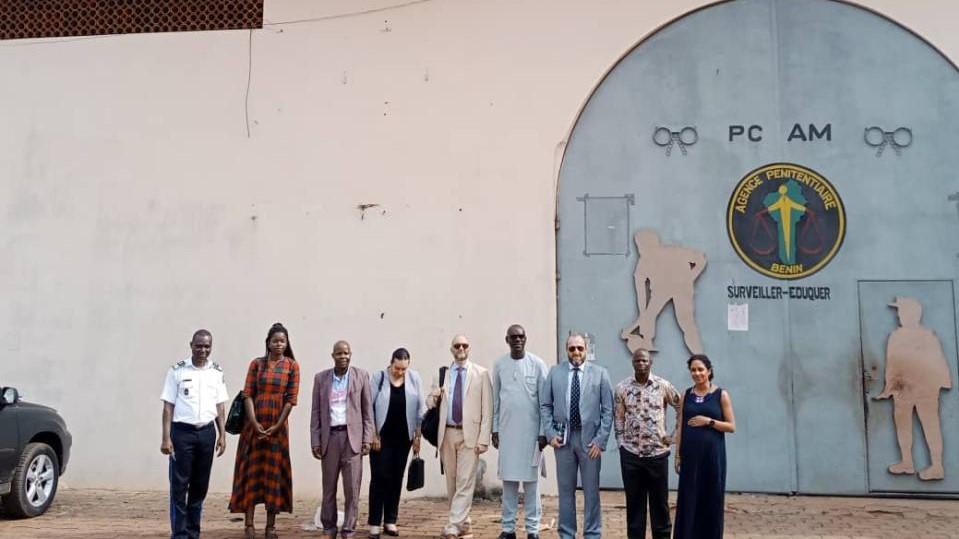
Benin’s judicial authorities have opened the 2025 year with a strong emphasis on strengthening the fight against terrorism, as Special Prosecutor Mario Mètonou highlighted ongoing challenges and reforms at the Court for the Repression of Economic Offenses and Terrorism (CRIET).
Speaking before magistrates, law enforcement officers, and judiciary members, Mètonou reflected on six years of judicial action, stressing the need for greater coordination and institutional cohesion.
Since its creation, CRIET has investigated 816 terrorism-related cases, resulting in 770 detainees, including 31 women.
“This volume illustrates both the rise of the phenomenon and the relevance of a specialized jurisdictional framework,” Mètonou said, while acknowledging persistent structural obstacles that hinder effective judicial responses.
The prosecutor identified three primary challenges. First, the identification of offenses is complicated by attacks in remote or mined areas, accessible only to military personnel. “Only the army has access to crime scenes.
However, its primary mission is not to carry out criminal investigations,” he noted, highlighting that intelligence gathered for military purposes is often inadmissible in court.
Second, Mètonou pointed to the fragmented coordination among intelligence, military, police, and judicial services. “In the same case, data can differ from one service to another, a definite advantage for criminals,” he lamented, underscoring the inefficiencies created by siloed operations.
Third, he warned of the limitations of international cooperation. Transnational terrorist networks operate across borders, yet current agreements lack flexibility regarding pursuit rights, and weak intelligence sharing among ECOWAS and Sahel Alliance states undermines the regional response.
Despite these challenges, Mètonou expressed cautious optimism.
He highlighted reforms such as the integration of judicial police officers into Operation Mirador, the use of structured evidence collection by military personnel, and the proposal for a national judicial framework uniting intelligence, military, police, and courts.
“The road is long, the night is deep, but there is a light at the end of the tunnel,” he said.
Concluding his address, Mètonou emphasized that combating terrorism requires more than military action. “It requires a concerted approach, based on the complementarity of stakeholders and the rigor of judicial procedure,” he asserted, reaffirming CRIET’s commitment to playing a central role in Benin’s national resilience.



